
Clean Water Symposium
Thursday, April 17, 2025
The LaSells Stewart Center, Oregon State University
Across the globe, access to clean water is threatened by population growth, climate change, industrial and agricultural pollution, and other pressures. Join us at the 2025 Clean Water Symposium hosted by Oregon State University to learn more about innovative and leading work to protect this precious resource through faculty and student presentations.
SCHEDULE
3:30 - 5 p.m.
Lightning Talks
Presenting and attending this session is by application only. Lightning Talk applications are now closed.
5 - 6 p.m.
Poster Session and Reception
Attendance is open to the public. Poster applications are now closed.
View List of Poster Presentations
6 - 7 p.m.
Advancing the Environmental Forensics of 'Forever Chemicals'
Professor Jennifer Field, Environmental and Molecular Toxicology OSU's College of Agricultural Sciences
Past Clean Water Events
Explore our archive of past lectures from renowned speakers in clean water technology. These insightful presentations address global challenges to clean water access and showcase innovative solutions and leading research aimed at safeguarding this vital resource.
“Advancing the Environmental Forensics of 'Forever Chemicals'”
Jennifer Field
Professor, Department of Environmental and Molecular Toxicology, Oregon State University
“Klamath Dam Removal”
Mark Bransom
Chief Executive Officer, Klamath River Renewal Corporation
“SECURING OREGON’S WATER FUTURE”
John Audley
Principal, John Audley Consulting
“ENGINEERING THE NEXT-GENERATION OF MEMBRANE MATERIALS NEEDED TO ACHIEVE GLOBAL WATER SUSTAINABILITY GOALS”
Eric Hoek
Professor, UCLA Henry Samueli School of Engineering Faculty Scientist, Lawrence Berkeley National Lab
“HOW TO USE BIORESOURCES TO PRODUCE AFFORDABLE WATER TREATMENT TECHNOLOGIES FOR DEVELOPING COUNTRIES?”
Debora Rodrigues
Ezekiel Cullen Professor, University of Houston Cullen College of Engineering
“SHARED WATERS: CONFLICT, COOPERATION, AND TRANSFORMATION”
Aaron Wolf
Professor, College of Earth, Ocean and Atmospheric Sciences, Oregon State University
Get notified about future events
Sign up for our mailing list to learn about future lectures and other events from the College of Engineering.